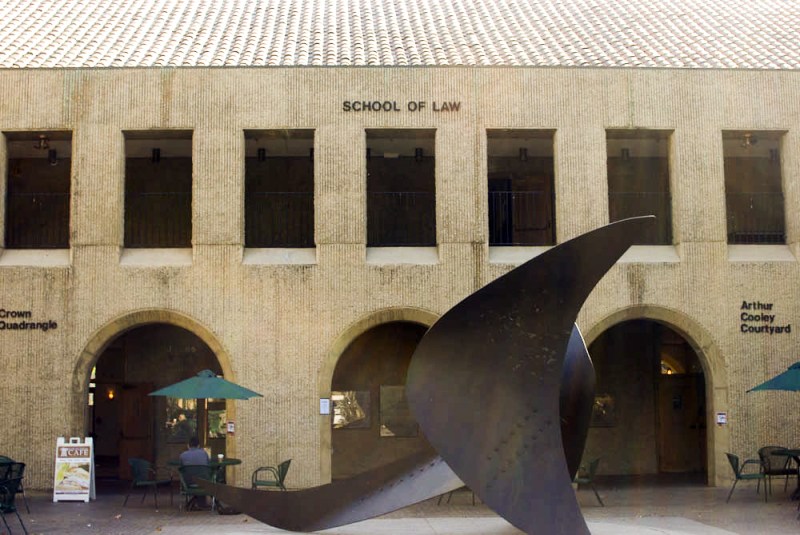Collecting thousands of online inquiries related to legal issues has been one of the first steps in an effort by the Stanford Legal Design Lab — a collaboration between the Stanford Law School (SLS) and d.school — to create an artificial intelligence (AI) that identifies legal issues based on users’ verbal explanations of different situations.
The project involves natural language processing (NLP), a computer program’s ability to independently interpret human language and respond in accordance with the dataset on which the computer program is “trained.”
The AI’s training consists of matching legal terms to the wording of different questions and identifying patterns that may help the NLP program respond to never-before-seen data in the future.
While the end goal may be creation of an AI that accurately connects human users with appropriate legal assistance, humans are responsible for a similar job — connecting questions with legal terms — to indirectly amass the data set of questions and terms that will be used to train the AI.
To facilitate the formation of a data set large enough for the AI to perform its duty, Stanford and Suffolk have set up an online game called Learned Hands, in honor of former American judge and judicial philosopher Learned Hand. In the game, players are supplied questions that have been asked online about possible legal issues. Then, the players attempt to identify a specific area of law to which the question relates, if any.
If a statistically significant percentage of players link a particular question to a specific legal term, the question and corresponding term are entered into the data set. And while people may play regardless of their legal background, the game is described as “a tool for lawyers, law students, and others with legal expertise to spot legal issues in a piece of text.”
For further testing, organizations with existing data sets of questions potentially related to legal issues can share the data with Stanford and Suffolk.
Stanford is working on the project with Suffolk University’s Legal Innovation & Technology (LIT) Lab. The project is being funded by The Pew Charitable Trusts nonprofit.
Contact Holden Foreman at hs4man21 ‘at’ stanford.edu.
